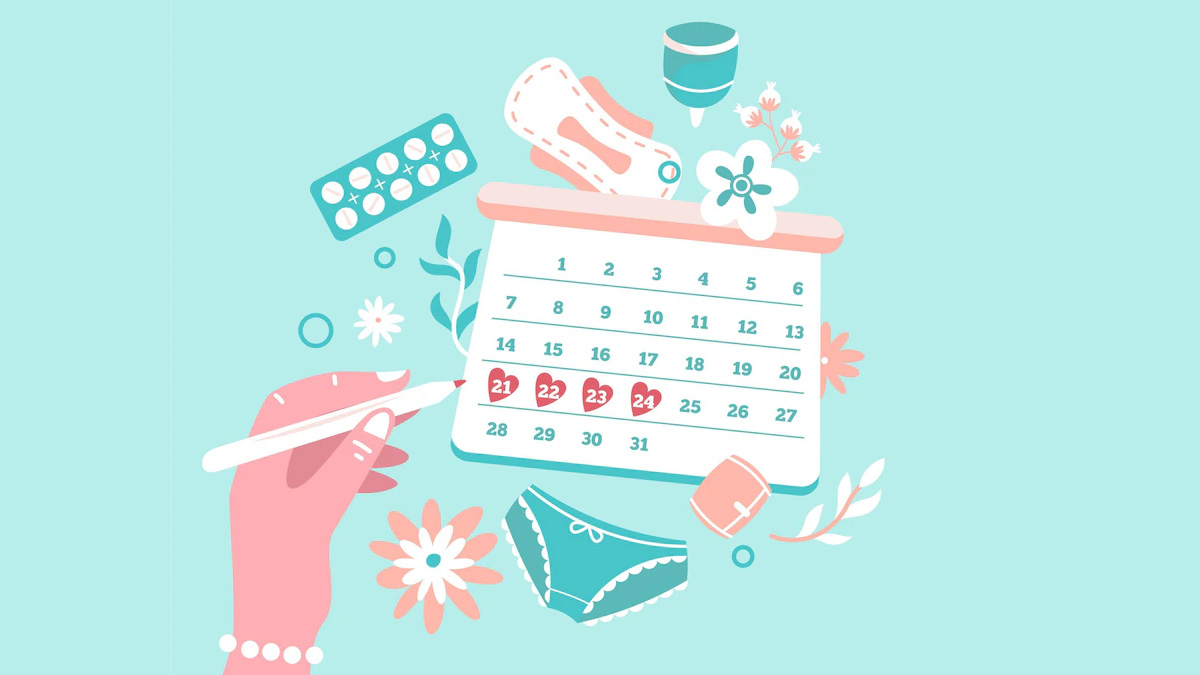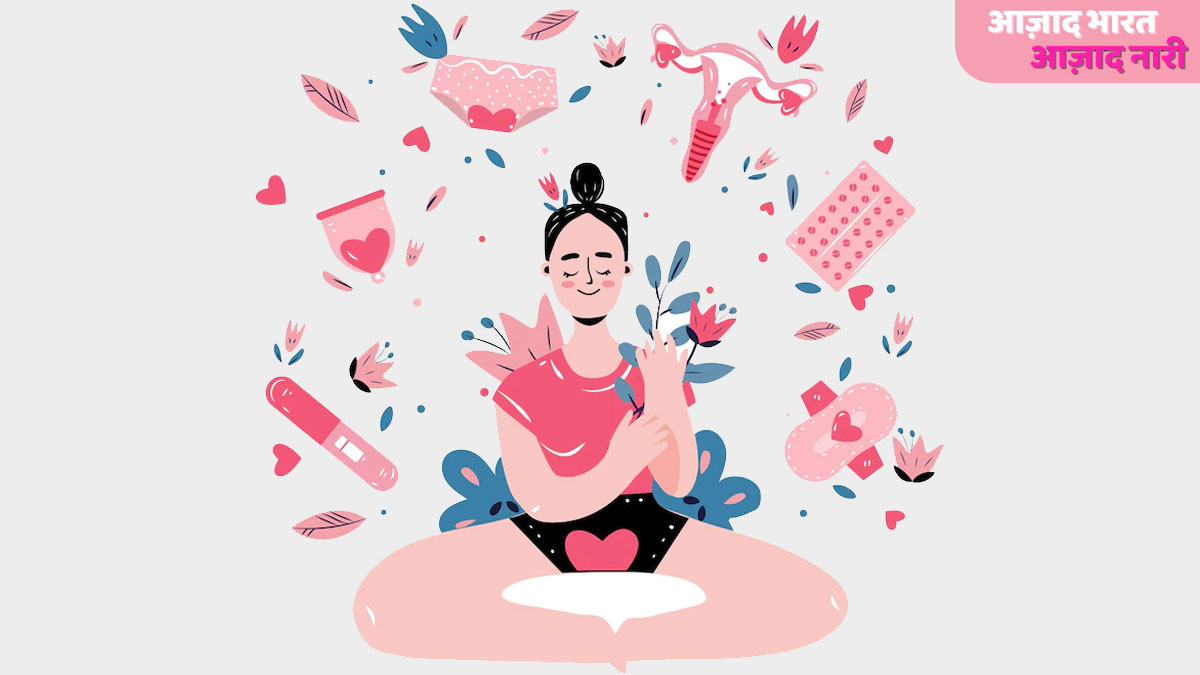On the occasion of Independence Day 2023, as India marks 76 years of independence from the shackles of colonialism, we question the fact that how free are the women in the country? Women constitute more or less 50 percent of the country’s populace and the question of their freedom is pivotal. Do these women have the freedom, means and awareness to access menstrual hygiene products during those difficult days of the month?
Using hygienic methods during the period days is a pivotal process in managing women’s health and personal hygiene. As per the National Family Health Survey locally prepared napkins, sanitary napkins, tampons, and menstrual cups are hygienic methods of protection.
National Family Health Survey Data On Menstrual Hygiene

As per the National Family Health Survey, 64.4 percent women aged between 15 to 24 years use sanitary napkins, 15 percent use locally produced sanitary towels and only a meager 0.3 percent use menstrual cups.
According to the report, overall 77.6 percent women in this age bracket use hygienic methods of menstrual protection. This was established by the fifth edition of the pan India report on National Family Health Survey (NFHS 5) which was released by the Union Health Minister Dr Mansukh Mandaviya.
Linking Menstrual Hygiene To Education & Wealth

The NFHS 5 also directly links parameters such as education and wealth to the practice of menstrual hygiene. Only 43.5 percent of women aged between 15 to 24 years who don’t have access to schooling use menstrual hygiene products.
In contrast, 90.3 percent of women who have received more than twelve years of schooling use hygienic sanitary methods.
According to the National Family Health Survey Report, “Definition of hygienic methods of protection, cloth is unsafe but I consider cloth to be a menstrual product as well – that can be used hygienically with information and support. If you use a sanitary pad for 10 hours and do not practice personal hygiene, you can get a rash and an infection, and you can feel uncomfortable. For me, it is the hygienic use of a menstrual product that is safe and that product could be a sanitary pad, clean cloth pad, or menstrual cup. When you say cloth, there are stitched pads, unstitched pads, homemade pads, readymade pads, not just rags. We have options now.”
Don't Mind: Connecting The Dots: Gender Pay Gap In India Is Narrowing But How Long For An Equal Working Space?
Also as per the Youth and Adolescence at Population Foundation of India, “Cloth pads can be safe to use as long as they are used hygienically. Cloth pads must be washed properly, dried under sunlight, and stored in dry and sterile places. When menstrual and personal hygiene is not practised, it can lead to infection. For proper menstrual hygiene management, women also require privacy to change materials, and access to proper disposal mechanisms. India needs menstrual hygiene literacy to combat these challenges as well as access to clean and functional toilets and disposal mechanisms.”
